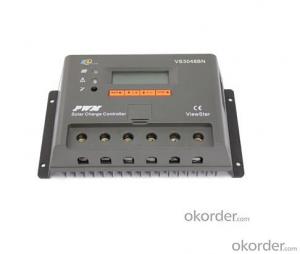Solar panels are the new cool. They’re not just for the tree-huggers anymore. They’re for anyone who wants to save money, reduce their carbon footprint, and be a little more self-sufficient. But let’s be real, the idea of installing solar panels on your house can be a bit daunting. There are so many factors to consider, from the cost to the efficiency, to the environmental impact. So, let’s break it down and make it a little less scary.
Why Go Solar?
First things first, why should you even consider going solar? Well, there are a bunch of reasons. For starters, solar energy is renewable. Unlike fossil fuels, the sun isn’t going anywhere anytime soon. That means you have a virtually endless supply of energy. Plus, it’s clean. Solar panels don’t emit any harmful pollutants or greenhouse gases. They’re also quiet and low maintenance, so you don’t have to worry about the noise or hassle of traditional power sources.
The Cost of Solar Panels
Now, let’s talk about the elephant in the room: cost. Solar panels aren’t cheap, but they pay for themselves over time. The initial investment can be hefty, but with government incentives, tax credits, and the savings on your electric bill, it’s an investment that can pay off in the long run. And don’t forget about the increase in your home’s value. Homes with solar panels sell for more than those without.
How Do Solar Panels Work?
But how do these magical little panels work, you ask? Solar panels, or photovoltaic panels, convert sunlight into electricity. They do this through a process called the photovoltaic effect, which involves the interaction of light with the semiconductor material in the panels. This generates a flow of electrons, creating direct current (DC) electricity. An inverter then converts this DC electricity into alternating current (AC), which is what your home uses.
The Efficiency of Solar Panels
When it comes to efficiency, solar panels are constantly improving. The average efficiency of solar panels is around 15-20%, but some high-end models can reach up to 22%. Factors that affect efficiency include the angle of the panels, shading, and the quality of the panels themselves.
Installing Solar Panels
Installing solar panels is a big decision, but it doesn’t have to be a difficult one. You’ll want to consider the direction your roof faces, the amount of sunlight it gets, and the age and condition of your roof. A professional solar installer can help you determine the best layout and panel type for your home.
The Environmental Impact
Going solar is a great way to reduce your carbon footprint. By generating your own clean energy, you’re reducing the demand for fossil fuels and the pollution they cause. Plus, solar panels have a long lifespan, with many panels lasting 25-30 years or more.
The Future of Solar Energy
The future is bright for solar energy. As technology advances, solar panels are becoming more efficient and affordable. There are also new developments in solar technology, like solar shingles and solar windows, that are making it easier than ever to integrate solar into your home.
Conclusion
Going green with solar panels is a big step, but it’s a step in the right direction. It’s not just about saving money or being environmentally friendly, it’s about investing in a cleaner, more sustainable future. So, if you’re considering solar panels for your home, don’t be scared. Embrace the change and join the solar revolution.

